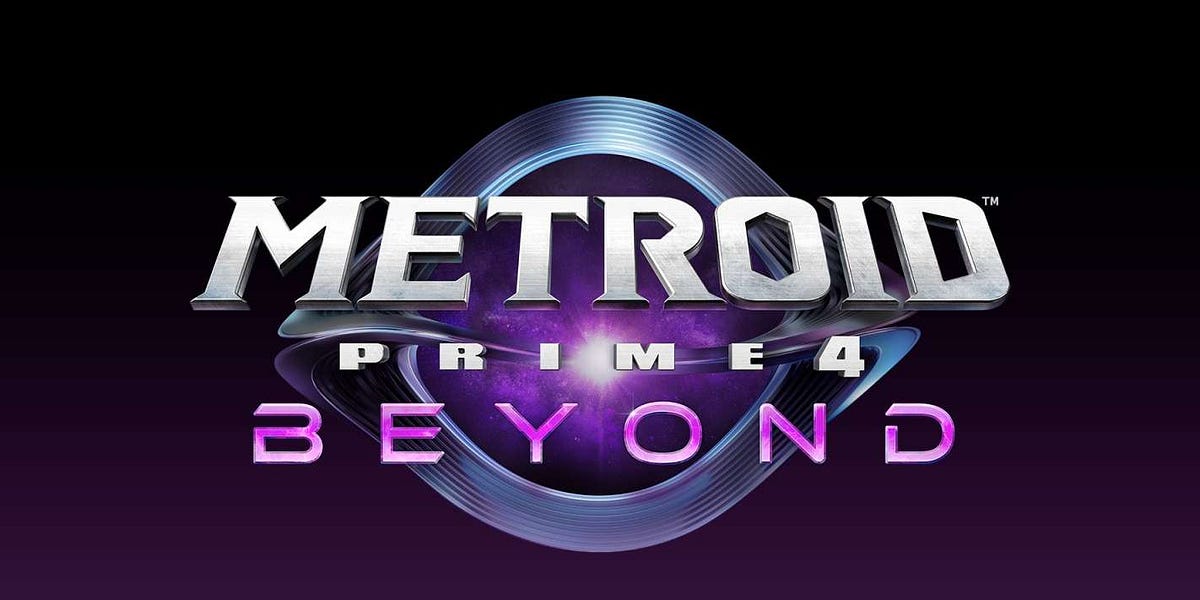Get the latest tech news
Optimizing our way through Metroid
How should a fuzzer balance exploration and minimization? Samus has the answer.
The lessons we learn in the Nintendo domain transfer very well to our core business of testing big, complicated distributed systems (if you don’t believe me, I gave a whole talk on that topic). Unfortunately, that approach doesn’t work very well – the set of distinct {x, y, m} tuples is huge, which both puts memory pressure on various parts of our system, and means we don’t spend very much compute energy on any particular value. Metroid was the most taxing Nintendo game beaten by Antithesis so far, and forced us to invent multiple new state-space exploration techniques, chief among them the capability to fuzz a program while dragging along an orthogonal optimization objective.
Or read this on Hacker News

